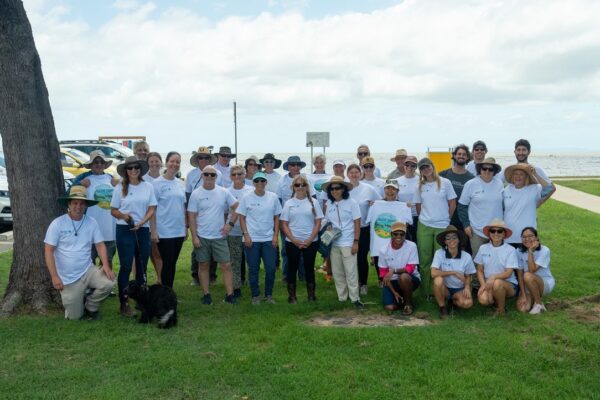Audience insights galore
Most of the round up this week will go to sharing the newest polls and surveys on the environmental attitudes and opinions of Americans. It’s not often we get such interesting, and in some cases heartening, data… so put on your thinking cap.
Thank goodness the children are our future
A bipartisan survey has found something to be hopeful about – a 65% majority of young voters (18 – 35 years) across political parties understand that climate change is a threat. 27% say climate change is natural and humans have no part in creating it, and 3% don’t believe it’s happening at all. 80% of those surveyed said they support the President taking action on climate. There are a lot more great stats summed up by Sightline, but this one is amazing: 52% of young Republicans would be less likely to vote for a politician who opposed climate action!
GOP Deeply Divided Over Climate Change
On that note, new Pew survey has found that a mere 25% of Tea Party Republicans agree there is evidence of climate change, compared to 61% of non-Tea Partying Repubs (46% in the party agree overall). Click through to the article for more interesting numbers, including graphs of these opinion trends over time.
It turns out that Americans aren’t as divided as we think! “A growing majority – 51 percent – is bound by a surprising set of shared ideas.” Those ideas: loving guns, hating government. Also, 81% support offshore drilling, while 76% think the government should tax carbon. 47% recycle because they want to do something good for the environment.
Voters in heartland swing states care about the climate too
Swing states may seem like unsteady territory for environmental campaigning, but a new survey shows that isn’t necessarily true. The survey of voters from 11 swing states showed 65% believed climate change is a serious problem, and 74% approve of EPA’s regulations to limit the amount of carbon power plants can emit. There was, of course, a partisan divide there, with many more Dems supporting the EPA regulations.
Mitigation & adaptation: Two remedies for a polluted science communication environment
A newish blog post by Dan Kahan is definitely worth reading if you want to get into the weeds. Kahan and his colleagues have been discussing the “polluted science communication environment” for a while now – basically, how people interpret facts is filtered through the lens of their cultural group identities. So if you identify as a Tea Partier, you will be a lot less likely to accept facts that seem to threaten your membership in that group, listen to messengers who you perceive as hostile to that group, etc.
Okay, so what do we do about it? How can we communicate with people from cultural groups that disbelieve climate science, without activating their subconscious identity defense mental gymnastics? Kahan’s new blog throws out a few interesting ideas: mitigation and adaptation. The mitigation strategy involves using trusted messengers (ie not having Al Gore speak to Tea Partiers) and cultural framing. The adaptation strategy uses tactics such as satire (humor can prompt people to self reflection, and avoids identity-defensiveness) and curiosity (the pleasure of discovering something new).
Super interesting ideas we’re excited to explore!



